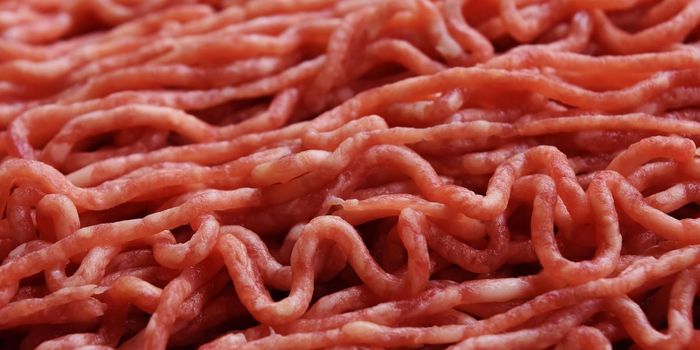Open Heart Surgery Takes A Toll on Heart Muscle Cells
Injury induced by stopping and restarting the heart during open-heart surgery, known as ischemia/reperfusion (I/R) injury, results in damaged cardiomyocytes, the muscle cells of the heart. A new study finds for the first time that cardiomyocytes respond to this damage by simultaneously destroying and creating energy-producing organelles.
I/R injury occurs during open-heart surgeries incorporating cardiopulmonary bypass machines, procedures done for the purpose of heart transplants, artery bypass, or the correction of faulty heart valves.
On a cellular level, I/R injury negatively affects ATP and intracellular pH and leads to tissue death. Depending on how long the cells are blocked off from blood supply, the damage can be even worse. The majority of people undergoing these procedures successfully recover, but in the worst case scenario, a patient could either never fully recover or even suffer heart failure, both as a result of cardiomyocyte damage due to I/R
Existing measures to prevent cell damage during surgery include “cooling and infusing” muscle with potassium to stop contractions. "Despite these measures, ischemia/reperfusion injury remains a major cause of complications after heart surgery," said first author of the JCI Insight study, Allen Andres, PhD, from the Cedars-Sinai Heart Institute.
"By accelerating beneficial aspects of this process, doctors one day may be able to speed up healing from open-heart surgery," explained principal investigator Roberta Gottlieb, MD.
The new study provided an analysis of cardiomyocytes from tissue samples taken before and after open-heart surgery. Researchers saw that cardiomyocytes were destroying mitochondria but also creating new mitochondria, a dual effect they are unsure whether it is helpful or harmful.
Cedars-Sinai scientists have much left to learn about the cellular processes involved in I/R damage. In order to develop effective drugs for heart cell injury in humans, Gottlieb said, “we need to have a better understanding of the beneficial and deleterious processes that characterize the human heart's response to ischemia and reperfusion."
Sources: International Review of Cell and Molecular Biology, Cedars-Sinai Medical Center









